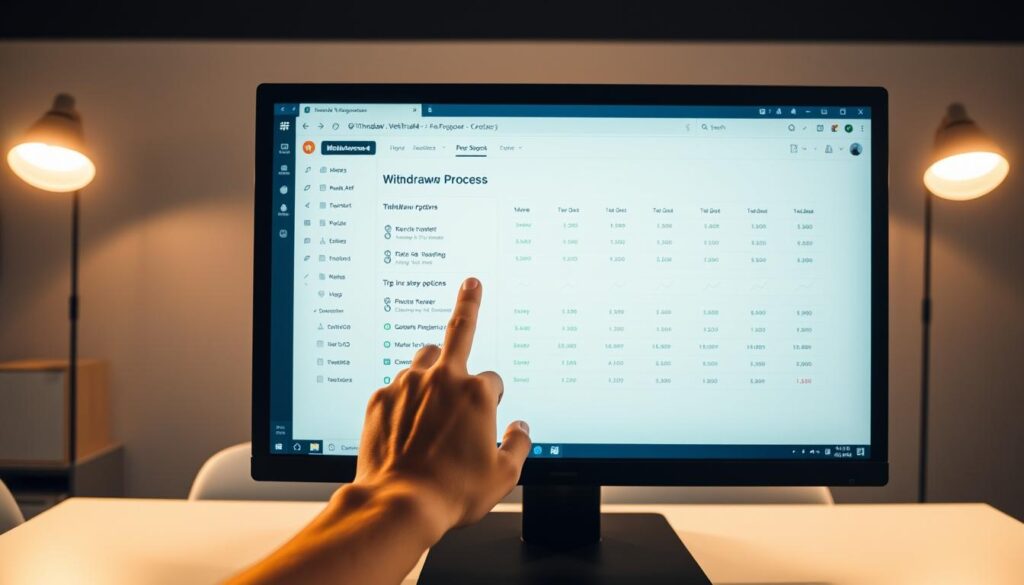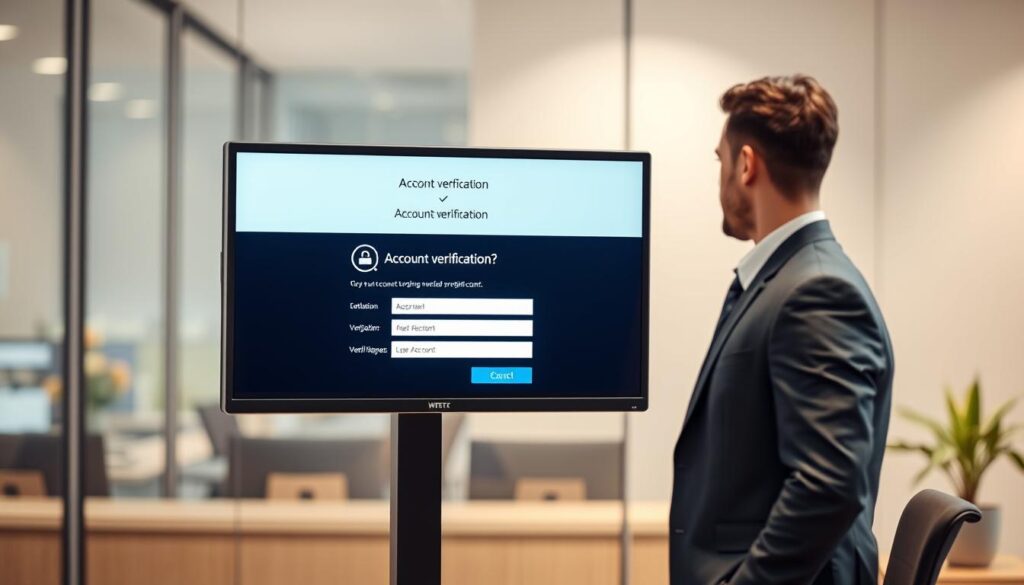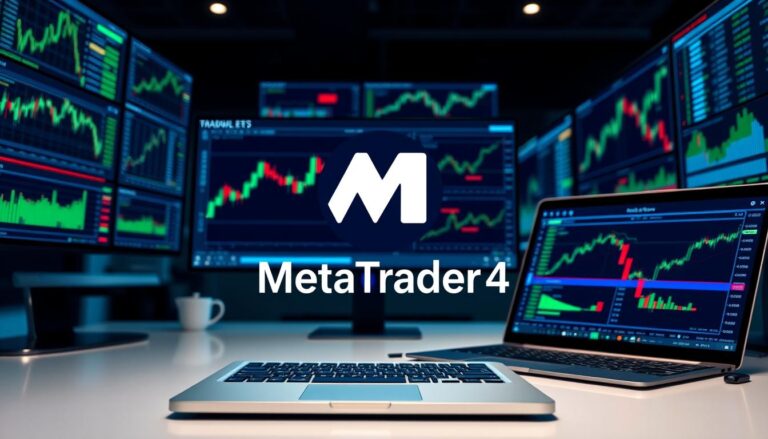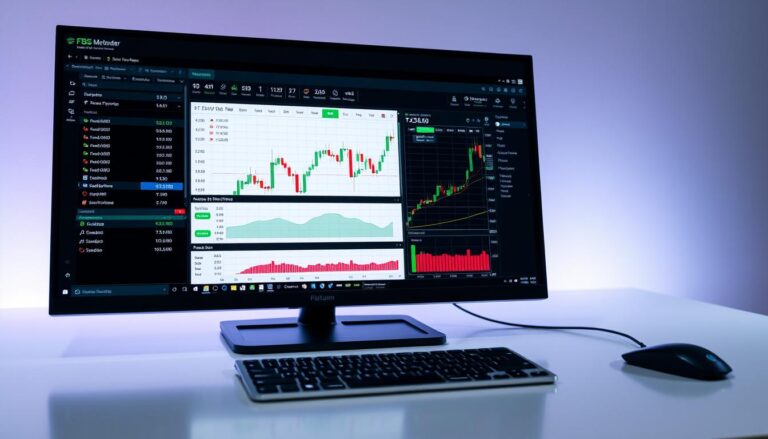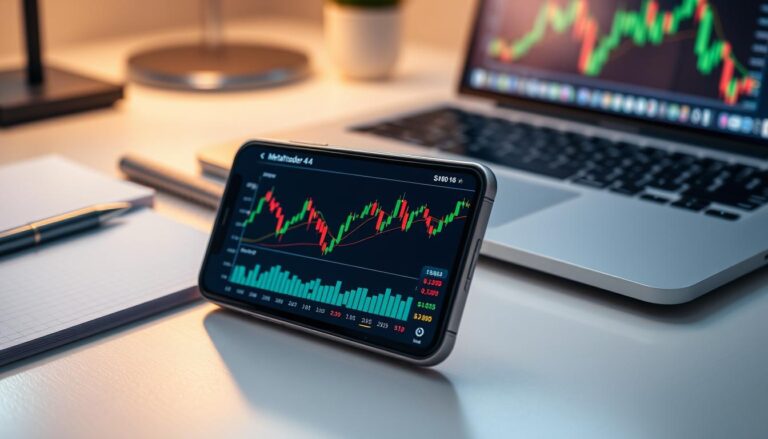Learn How to Withdraw Money from MetaTrader 4 Easily
MetaTrader 4 (MT4) has been a trusted platform for traders since its launch in 2005. Millions rely on its tools for executing trades, but many face confusion when accessing their funds.
Unlike trading, withdrawals don’t happen directly within the MT4 interface. Instead, users must visit their broker’s client portal to complete the process. This distinction often catches new traders off guard.
Demo accounts provide excellent practice, but only verified real accounts allow actual fund movements. Understanding this difference saves time and avoids frustration during the withdrawal process.
This guide clarifies the steps, fees, and verification requirements traders need to know. It also addresses common troubleshooting scenarios for smoother transactions.
Understanding MetaTrader 4 Withdrawals
Traders globally utilize MetaTrader 4 for market analysis, yet fund management operates differently. The mt4 platform specializes in executing trades and analyzing charts, but financial transactions like accessing funds occur outside its interface.
What Is MetaTrader 4 (MT4)?
Launched in 2005, MT4 revolutionized online trading with advanced tools. It supports technical indicators, automated scripts, and real-time data. However, it doesn’t process payments—this falls to the user’s broker.
Why Withdrawals Differ from Trading
Trades execute instantly, but withdrawal requests undergo scrutiny. Brokers must comply with FCA regulations, including AML checks. This ensures only verified trading accounts access funds.
Processing times vary by payment method. Bank transfers take 1–5 days, while e-wallets are faster. IG Group’s data shows 71% of retail CFD accounts lose money, underscoring the risks of leveraged trading.
Always confirm broker credentials before depositing. Reputable firms clearly outline fees and verification steps to avoid withdrawal delays.
How to Withdraw Money from MetaTrader 4: Step-by-Step
Accessing funds from trading platforms requires specific steps outside the MT4 interface. Brokers manage financial transactions separately, ensuring compliance with regulations like FCA guidelines. This section outlines the streamlined process to move funds mt4 account balances to personal accounts.
Step 1: Log into Your Broker’s Client Portal
MT4 doesn’t handle withdrawals directly. Traders must sign in to their *broker’s portal*, such as Octa’s dashboard. Desktop and mobile interfaces offer identical functionality for flexibility.
Step 2: Navigate to the Withdrawal Section
Locate the “Withdraw Funds” tab, typically under payment method options. OctaFX’s redesign groups this under “Account Management” for clarity.
Step 3: Select Your Payment Method
Choose from:
- Bank account transfers (1–5 business days)
- E-wallets like Skrill (faster, often same-day)
Minimum amounts vary; check broker policies to avoid errors.
Step 4: Submit and Confirm Your Request
Upload required documents (ID, proof of address) if prompted. Multi-factor authentication adds security. Note: Requests submitted on weekends may delay until the next business days.
Once confirmed, brokers process the process withdrawal request per their timeline. Tracking numbers or email updates keep traders informed.
Payment Methods and Associated Fees
Choosing the right payment method impacts both speed and cost when accessing trading profits. Brokers offer varied options, each with unique processing times and fees. Traders should compare these to optimize their funds’ accessibility.
Bank Transfers vs. E-Wallets
Bank transfers suit larger withdrawals but involve delays. Barclays processes these in 1–3 days, while Revolut may take 24 hours. Intermediary banks often charge up to £15 per transaction.
E-wallets like Skrill or PayPal are faster, typically completing within hours. However, Skrill’s 1.9% FX fee can add up. Wise offers transparent pricing, ideal for frequent transfers.
Minimum Withdrawal Amounts
Brokers enforce minimum withdrawal thresholds. Traditional banks may require $100, whereas e-wallets allow as little as $5. These limits protect brokers from high processing costs.
During market volatility, some firms adjust minimums dynamically. Always check current policies before initiating requests.
Broker-Specific Fee Structures
FCA-regulated brokers must disclose all charges upfront. Common fees include:
- Fixed fees per transaction (e.g., £10 for wire transfers)
- Percentage-based cuts (1%–3% of the amount)
Use this formula to estimate net receipts: (Withdrawal amount) – (Broker fee) – (Payment processor fee) = Net.
Account Verification: What You Need to Know
Financial regulations mandate strict verification for traders accessing their profits. Brokers must confirm identities to prevent fraud and comply with FCA rules. This step ensures only authorized users control trading account funds.
Required Documents for UK Traders
UK residents must submit specific required documents to verify their identities. Acceptable proofs include:
- Council tax bill or utility statement (less than 3 months old)
- HMRC-approved Tax Identification Number (TIN)
- Bank statement showing consistent IBAN and account holder name
Name mismatches—like omitting a middle initial—can trigger rejections. A Lloyds Bank case showed a £2,000 withdrawal denied due to “James A. Smith” vs. “James Smith.”
Why Verification Delays Withdrawals
FCA-regulated brokers typically take 48 hours for account verification. Complex cases may extend to 72 hours during fraud reviews. Delays often occur when:
- Documents are unclear or expired
- HMRC tax codes don’t match broker records
- Payment methods lack name consistency
Plan for 3–5 business days for full clearance, especially with international banks.
Common Withdrawal Issues and How to Solve Them
Financial disputes involving withdrawals increased by 14% last year, per FOS data. Traders often face delays, rejections, or errors due to strict compliance checks. Understanding these hurdles ensures smoother access to funds.
Pending Requests and Processing Times
Brokers typically process withdrawal requests within 1–3 days. However, 14% of UK cases exceed this timeframe. For delays over 8 weeks, escalate to the Financial Ombudsman Service (FOS).
Weekends and holidays add lag. E-wallets like Skrill process faster than bank transfers, which may take 5 days. Always check broker SLA policies beforehand.
Mismatched Account Details
Mismatched account details trigger 23% of failures. Monzo’s IBAN format differs from HSBC’s—double-check digits and beneficiary names. An important note: even minor typos (e.g., “Ltd” vs. “Limited”) can freeze transactions.
Solution: Update records in the client portal before submitting requests. Cross-verify with a recent bank statement.
Rejected Withdrawals: Causes and Fixes
Rejected withdrawals often stem from unverified trades or bonus terms. Brokers may charge fees for reprocessing. Top reasons include:
- Uncleared deposits (wait 5–7 days)
- Bonus wagering requirements unmet
- Expired verification documents
For unresolved cases, file a complaint using the FCA’s template. Important note: Section 75 protections cover credit card chargebacks.
Smart Practices for Hassle-Free Withdrawals
Smooth transactions begin with choosing a regulated broker. Firms like Octa, with 70+ industry awards, prioritize transparent processes. Always verify credentials on the FCA register before initiating transfers.
To avoid delays, check available balances minus margin requirements. Save MT4 transaction IDs for reference—these help resolve disputes faster. Testing small amounts first confirms system reliability.
Set calendar alerts for corporate actions affecting liquidity. An important note: FCA-registered brokers like IG Group offer stronger consumer protections. Track processing times based on your payment method.
Following these steps ensures efficient access to funds mt4 balances. Stay informed, and the trading platform becomes a tool for both profit and seamless withdrawals.

